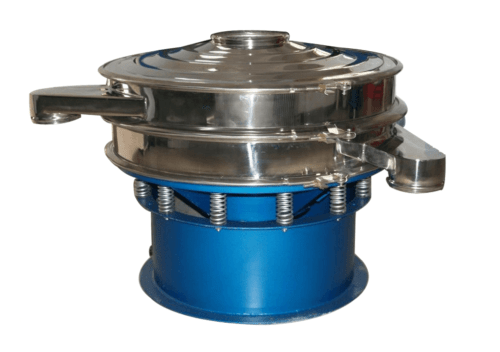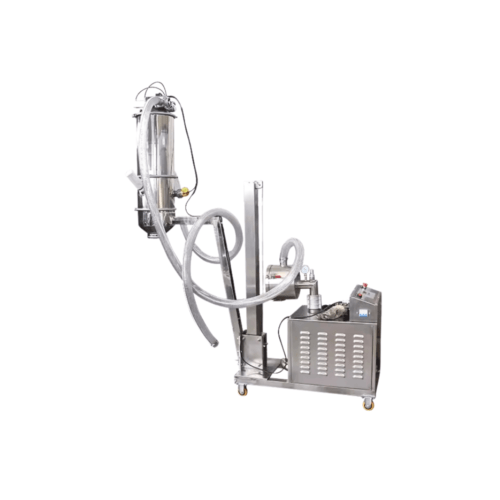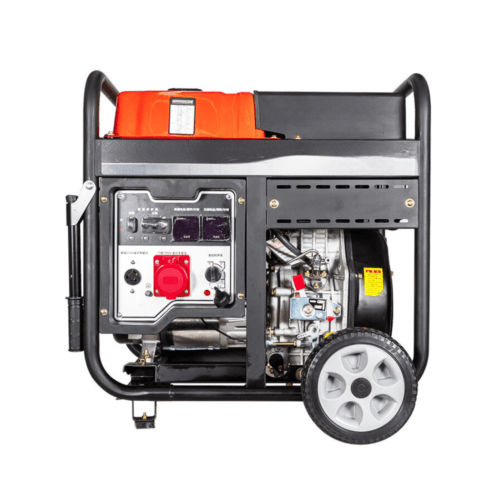In the ever-evolving world of agriculture, maximizing yield while minimizing waste is the ultimate goal for farmers. Enter vacuum conveyors—innovative systems that not only streamline crop handling but also significantly enhance operational efficiency. This blog post delves into the key benefits of vacuum conveyors for crop management, exploring how they reduce waste and outperform traditional conveying methods. Discover how adopting this technology can revolutionize your agricultural processes and lead to greater success in the field.
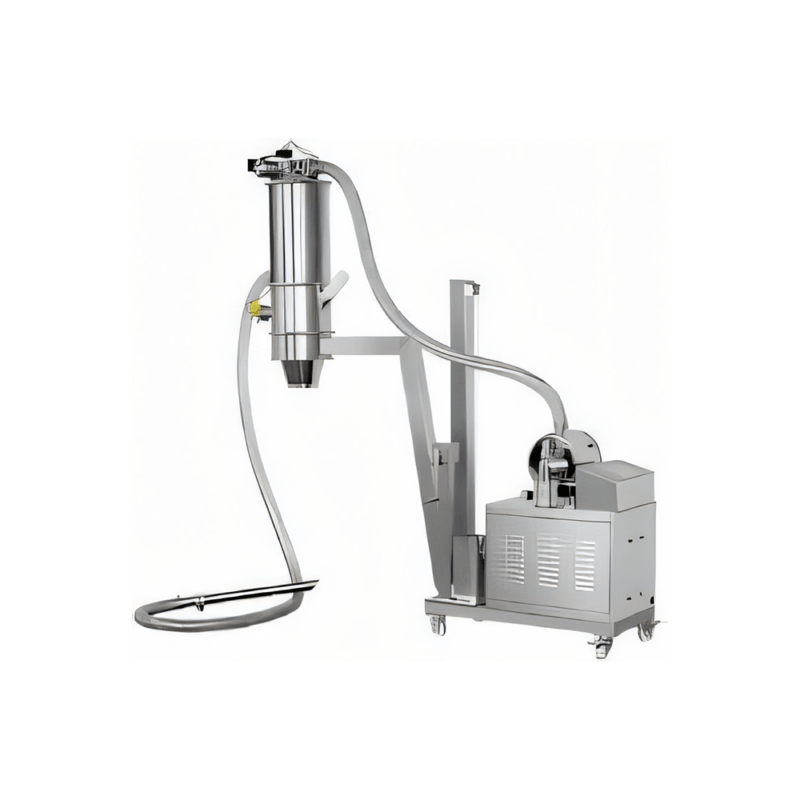
Key Benefits of Vacuum Conveyors for Crop Handling
Vacuum conveyors are revolutionizing crop handling in agriculture, offering a range of significant benefits that enhance efficiency and product quality. One of the primary advantages is their gentle handling of delicate crops. Unlike traditional conveyors, vacuum systems employ a soft, controlled flow that minimizes bruising and damage during transport. This is especially crucial for high-value produce such as fruits and vegetables, where maintaining visual appeal and quality is essential for market success. Additionally, vacuum conveyors are incredibly versatile. They can accommodate a wide variety of crops, from small seeds to larger fruits, without needing extensive modifications. This adaptability allows farms to streamline their processes as they handle different products throughout the season.
Moreover, vacuum conveyors facilitate automation in agricultural operations. By integrating these systems into the workflow, farms can significantly reduce labor costs and human error while increasing throughput. The automation aspect also contributes to consistent quality control, as machines operate with precision. Another notable benefit is the space-saving design of vacuum conveyors. Their compact structure allows for efficient use of floor space, making them ideal for facilities with limited room. Furthermore, these systems can easily connect to other equipment, such as sorting or packing machines, creating a seamless and efficient production line that enhances overall productivity.
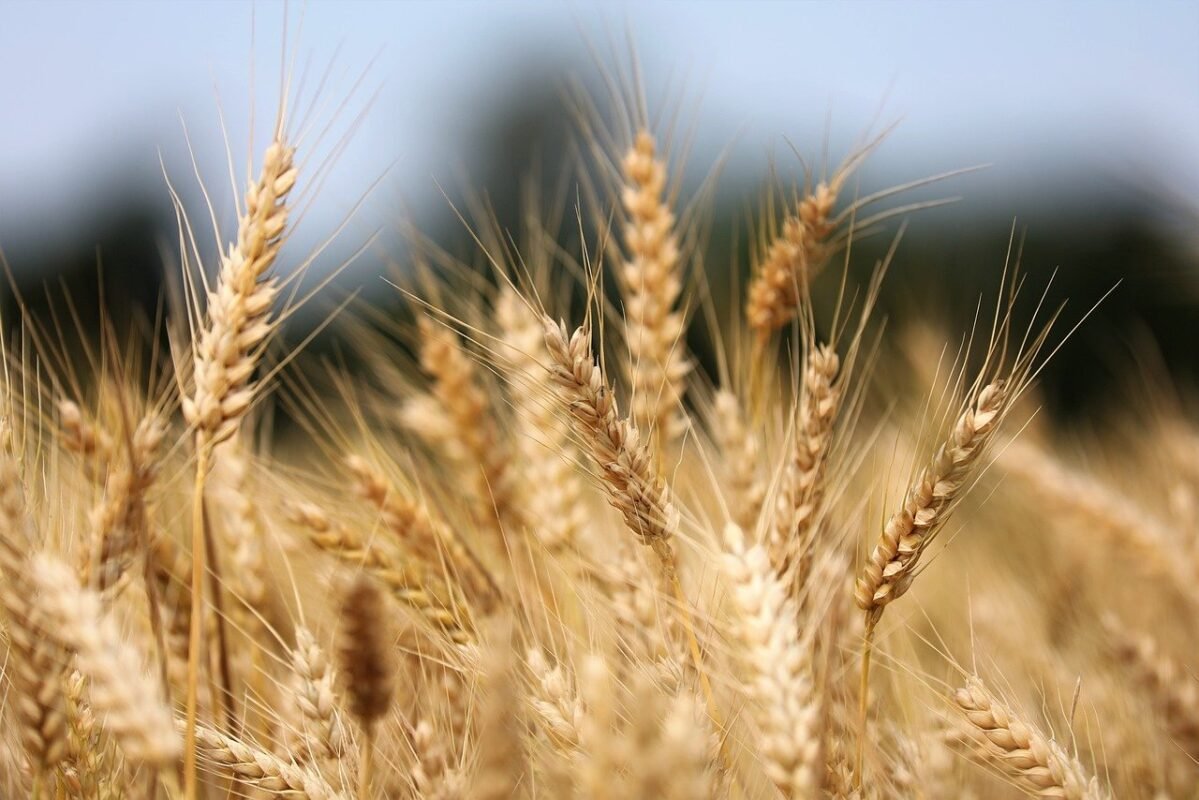
How Vacuum Conveyors Reduce Waste in Agricultural Operations
Waste reduction is a critical concern in the agricultural industry, and vacuum conveyors are designed to address this issue effectively. One of the most significant ways they reduce waste is through their enclosed design. This feature minimizes spillage during transport, ensuring that crops remain within the system until they reach their final destination. In contrast, traditional conveyor systems often experience product loss due to falling or rolling off the belt, which can lead to significant financial losses over time. With vacuum conveyors, the risk of spillage is drastically reduced, allowing farmers to maximize their yield.
Additionally, the gentle handling characteristics of vacuum conveyors prevent damage to the crops. Bruising and physical harm during transport can lead to increased spoilage and waste, but vacuum systems mitigate this risk by using suction to secure and move the product smoothly. This results in a higher percentage of sellable produce reaching the market, ultimately enhancing profitability. Vacuum conveyors can also be finely tuned to match the flow rates required for different crops, ensuring optimal transport without overloading the system, which can lead to bottlenecks and waste.
Another important aspect is hygiene and sanitation. Vacuum conveyors are designed for easy cleaning, reducing the risk of contamination that can occur with traditional systems. This is especially important in agricultural operations, where food safety is paramount. By maintaining a clean transport system, farmers can protect the quality of their products and reduce waste caused by spoilage due to microbial contamination.
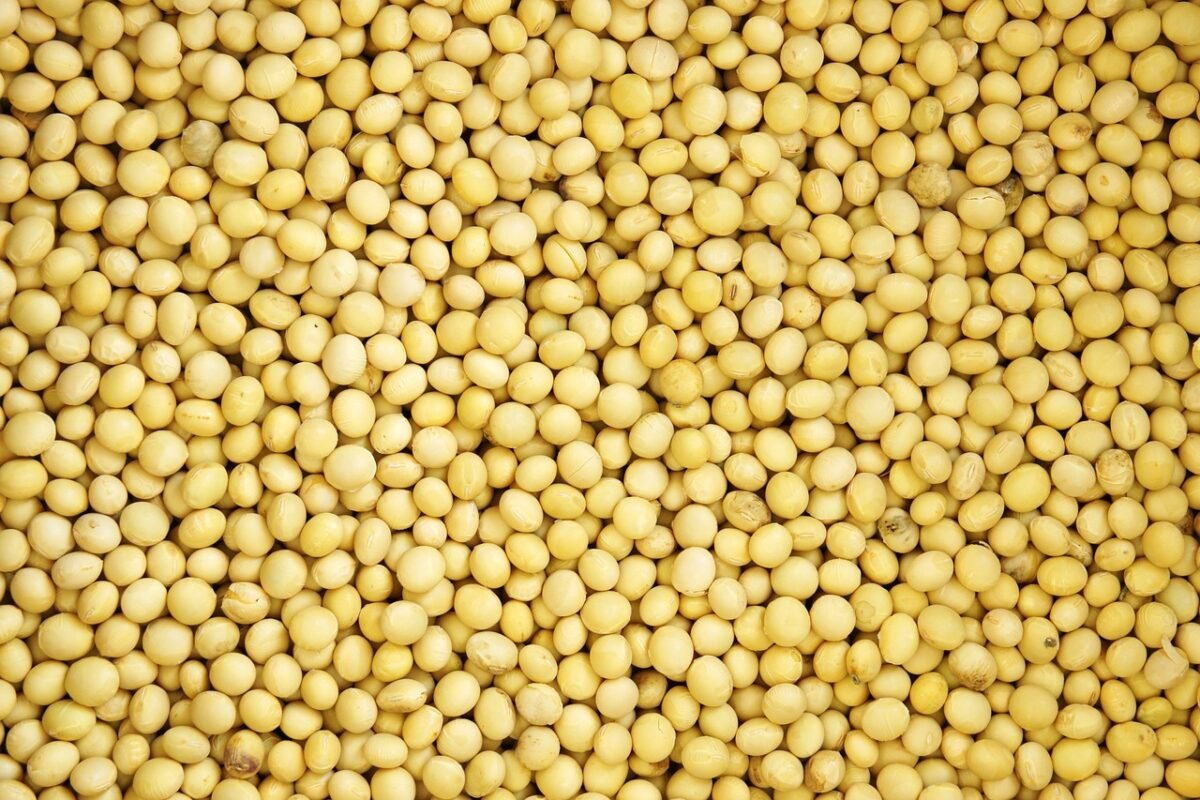
Comparing Vacuum Conveyors to Traditional Conveying Methods
When comparing vacuum conveyors to traditional conveying methods, the advantages of the former become increasingly evident. Traditional systems, such as belt or roller conveyors, often struggle with uneven product flow, leading to spillage and waste. The open design of these systems makes it easy for products to fall off or get damaged, particularly during sharp turns or sudden stops. In contrast, vacuum conveyors use suction to securely hold products in place, preventing loss during transport and ensuring a smoother, more reliable flow.
Furthermore, vacuum conveyors excel in terms of space efficiency. Their compact design allows them to fit into tighter areas without sacrificing performance. In an industry where maximizing space can lead to significant cost savings, this feature becomes invaluable. Traditional conveyors may require more extensive layouts and pathways, which can complicate facility design and increase operational costs.
Noise and cleanliness are also essential factors to consider. Vacuum conveyors tend to operate more quietly than traditional systems, contributing to a better working environment for employees. Additionally, their enclosed design helps to contain dust and debris, making it easier to maintain a clean workspace. This cleanliness is crucial in food processing settings, where hygiene standards must be upheld.

While the initial investment in vacuum conveyor technology may be higher than that of traditional systems, the long-term benefits often outweigh the costs. The reduction in waste, improved efficiency, and enhanced product quality all contribute to a better bottom line. Ultimately, vacuum conveyors represent a forward-thinking choice for agricultural operations looking to modernize and enhance their processes.
In conclusion, vacuum conveyors are not just an upgrade; they represent a transformative approach to agricultural operations. By enhancing crop handling, reducing waste, and outperforming traditional conveying methods, these systems offer compelling benefits that can significantly impact productivity and profitability. As the agricultural industry continues to evolve, embracing innovative technologies like vacuum conveyors becomes essential for staying competitive. Investing in these advanced systems can lead to improved quality, greater efficiency, and ultimately, a more sustainable farming practice. Whether you’re looking to streamline your operations or maximize your yield, vacuum conveyors stand out as a smart choice for the future of agriculture.

